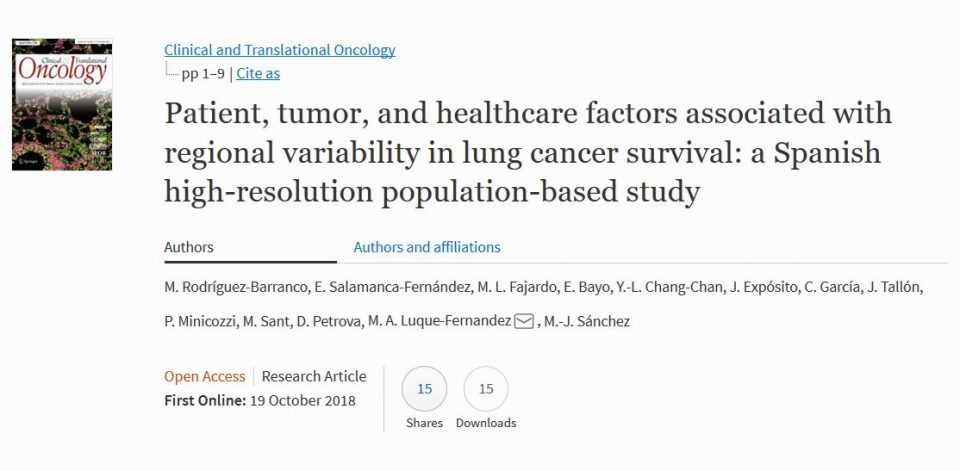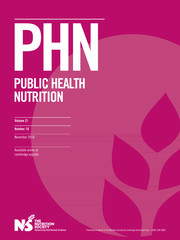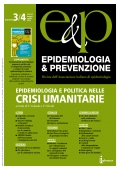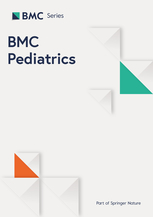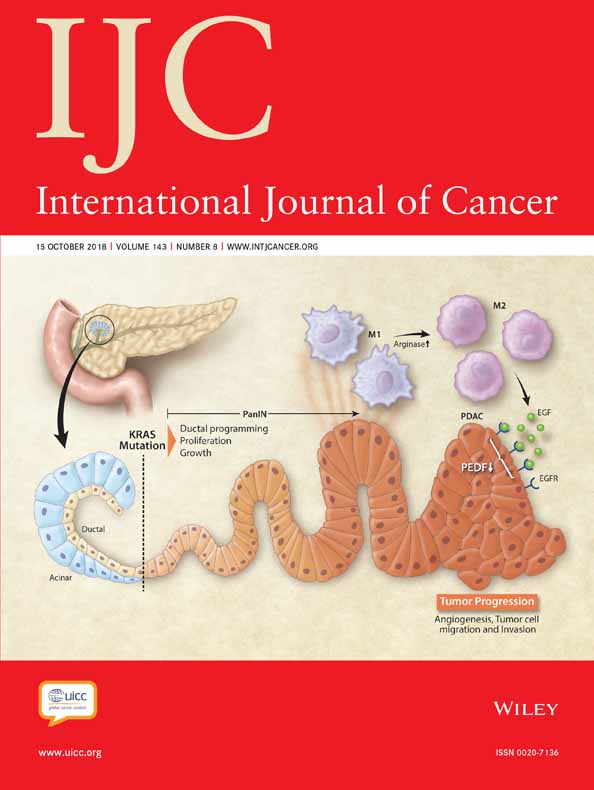Patient, tumor, and healthcare factors associated with regional variability in lung cancer survival: a Spanish high-resolution population-based study
Purpose The third most frequently diagnosed cancer in Europe in 2018 was lung cancer; it is also the leading cause of cancer death in Europe. We studied patient and tumor characteristics, and patterns of healthcare provision explaining regional variability in lung cancer survival in southern Spain. Methods A population-based cohort study included all 1196 incident…



